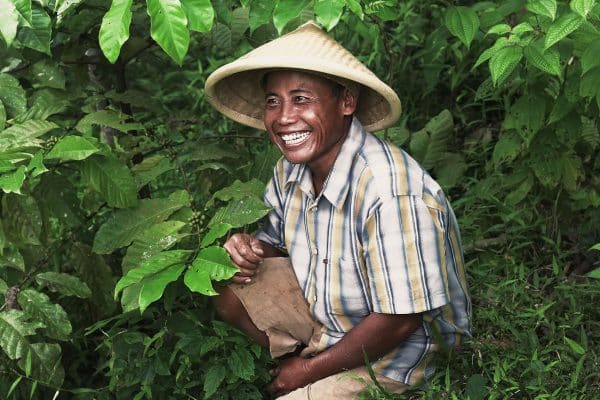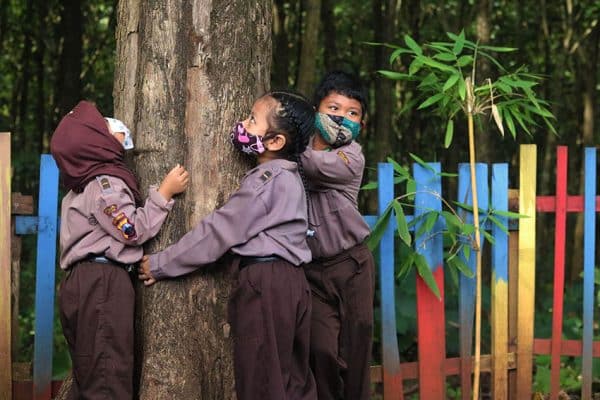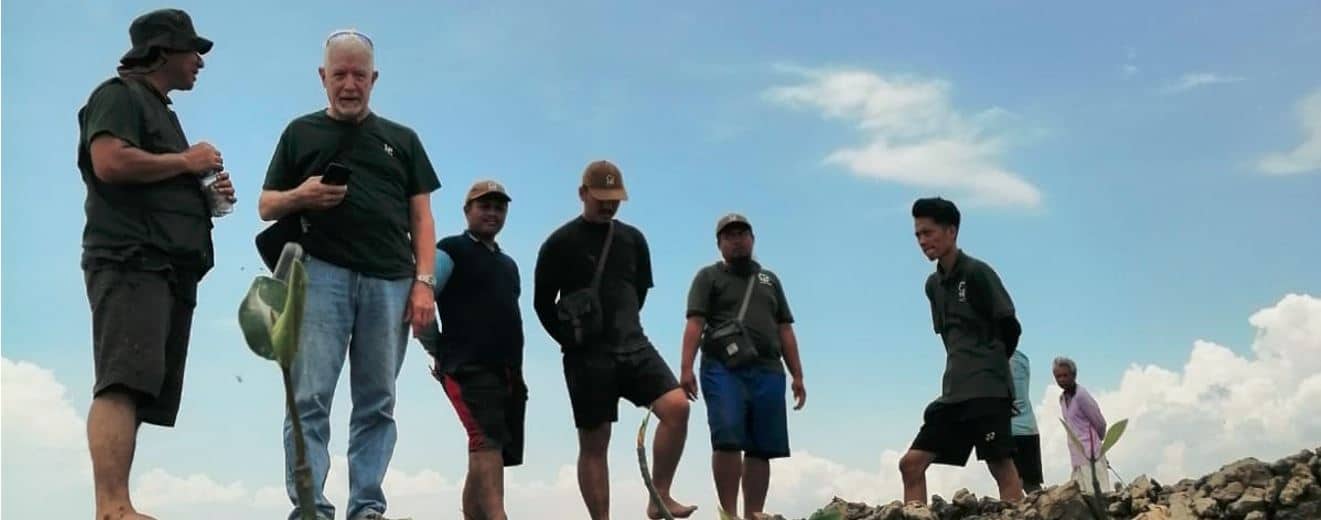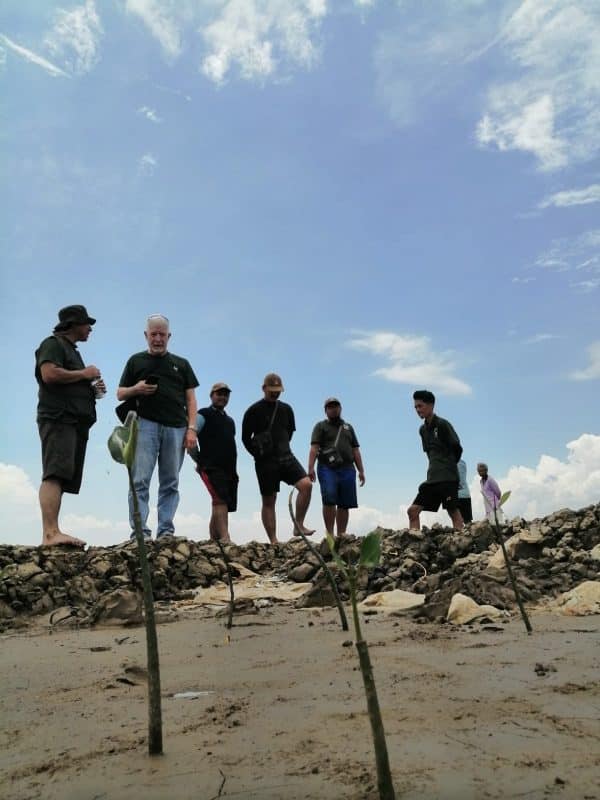Meet Grandpa Tameja : The Oldest Farmer Who Joined Our Program And This Is His Story.
Meet Grandpa Tameja : The Oldest Farmer Who Joined Our Program And This Is His Story.
Tameja is one of our farmers since 2019, and he has shared his life story as a farmer with us. Let’s read his story!
Tameja (72 years old) was born in Karangreja Village in Central Java, Indonesia and still lives there with his wife and 5 children. He became a farmer at a young age and helped his father work in the fields.
“Being a farmer has been my way of life”, he said.
“My father was a farmer too, I am proud to be able to continue his way until now”.
He told us about his concern, none of his children want to be a farmer like him. It means Tameja must take care of the field alone with his wife. He has many questions that keep popping up in his mind, like; Who’s going to continue my spirit to keep my field growing and green after me? What will happen to the trees I planted? He recalls that he planned to stop farming and empty his field because he’s too old to continue, but then someone from Trees4Trees offered seedlings and asked him to join their program.

“I remember when they reached out to me and said; “Congratulations, Grandpa Tameja, you are chosen to get seedlings from our donor”.
“I think I will plant trees for the rest of my life”, he smiles.
Tameja has his own farming method. He grows coffee trees with an agroforestry system, where he combines other trees and spice plants in one field. He believes by implementing this method, farmers will benefit both environmentally and economically. He also likes it when his land is full of plants.
“In my experience it’s better to optimize the field, the denser the better”.
We asked him which trees benefit him more, and he took us to his coffee tree field – showing off the coffee beans.
“I like to plant coffee trees because they do not require intensive care and do not take too long time to harvest so it’s profitable for an old farmer like me”, he said.
Thank you Grandpa Tameja for sharing your story! We are relieved that we are able to help and motivate you to make your field greener. We wish you the best of health and happiness!










